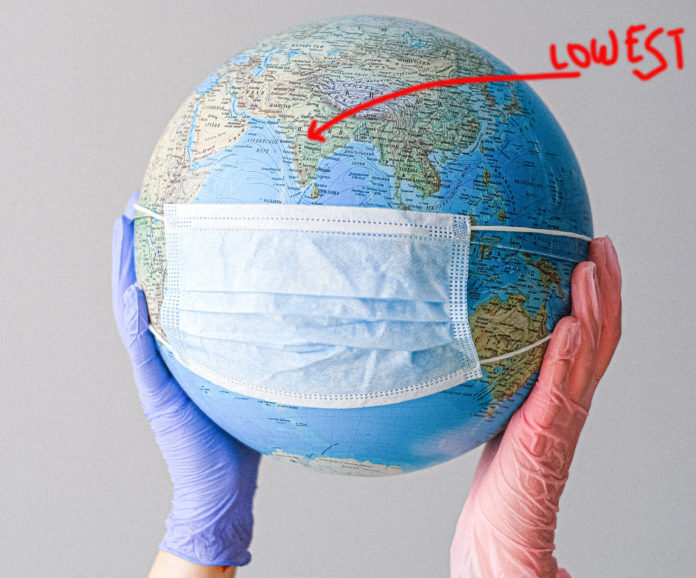People of blood group O, known to have less severe forms of the disease also seem to be less vulnerable to post COVID CVD
History of COVID19 related hospitalisation is a risk factor for coronary artery disease and the level of vulnerability may vary among people of different blood groups. A new study has concluded that individuals belonging to blood group O may be less at risk than others.
While COVID19 is associated with a risk of major cardiovascular events, the duration of that risk is not known and that is what the study attempted to find out. The elevated risk could last for up to three years. “Hospitalization for COVID-19 represents a coronary artery disease risk equivalent, with post–acute myocardial infarction and stroke risk particularly heightened in non-O blood types. These results may have important clinical implications and represent, to our knowledge, one of the first examples of a gene-pathogen exposure interaction for thrombotic events,” researchers from Keck School of Medicine of University of Southern California, wrote. They also found that use of antiplatelet agents among patients without known cardiovascular disease reduced the risk of myocardial infarction or stroke.
Over 100,000 patients were recruited for the study through their data in the UK Biobank. “However, our analyses also revealed that increased thrombosis risk due to COVID-19 differed as a function of ABO blood type, which represents, at least to our knowledge, one of the first examples of a gene-pathogen exposure interaction for CVD-related outcomes. Specifically, hospitalization for COVID-19 increased the risk of MI or stroke by ≈2-fold among patients with non-O blood types but not in patients with blood type O,” the researchers wrote. Non O blood types make up 0% of the population.
That the severity of COVID19 is associated with the blood type of the patient has long been established. People with blood group O seem to have some protection against severe infection though they can still catch the virus and transmit it.


